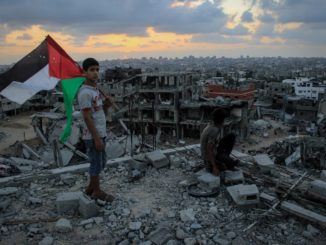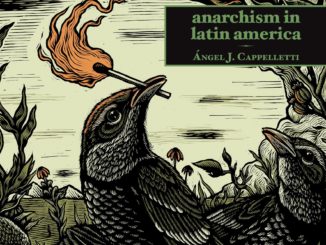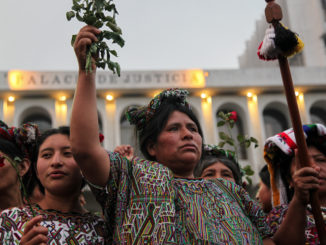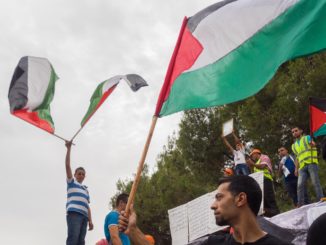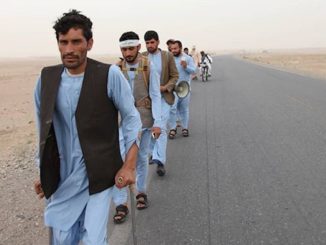
A Mile in Their Shoes: Afghans Walk 400 Miles to Demand End to 17-Year US War
This past Friday in Afghanistan’s Ghazni province, Hazara girls joined young Pashto boys to sing Afghanistan’s national anthem as a welcome to Pashto men walking 400 miles from Helmand to Kabul. The walkers are calling on warring parties in Afghanistan to end the war. It seems likely that ordinary Afghans, no matter their tribal lineages, share a profound desire to end forty years of war. The 17-year U.S. war in Afghanistan exceeds the lifetimes of the youngsters in Ghazni who greeted the peace walkers.

